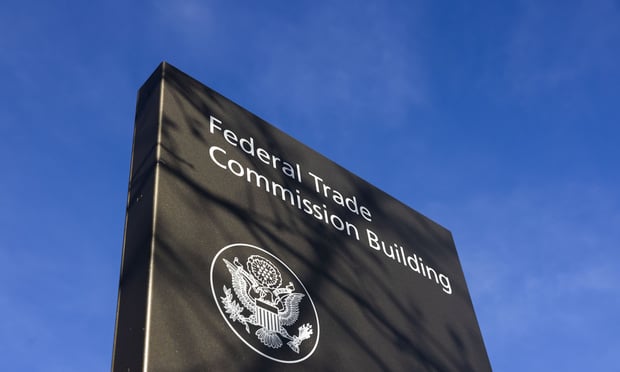The Mental Health Parity and Addiction Equity Act is not expected to largely impact the growth rate of employer health care expenditures, according to two new studies from the health care business of Thomson Reuters in partnership with the Substance Abuse and Mental Health Services Administration.
Both studies find the law will not have much of a financial impact on employers because of the small amount of total spending as well as a little use of inpatient and outpatient services. In fact, substance abuse spending has remained a low portion of all costs as it accounts for just 0.4 percent of all health spending in 2009.
Mental health and substance abuse spending also is low, only amounting to 5.2 percent of all health expenditures from 2001 through 2009 or 2.2 percent if psychiatric drug spending is excluded. Of that spending, just 0.3 percent contributed to the growth in total health expenditures with prescription drugs included. That figure drops to 0.1 percent when prescriptions are excluded.
Complete your profile to continue reading and get FREE access to BenefitsPRO, part of your ALM digital membership.
Your access to unlimited BenefitsPRO content isn’t changing.
Once you are an ALM digital member, you’ll receive:
- Critical BenefitsPRO information including cutting edge post-reform success strategies, access to educational webcasts and videos, resources from industry leaders, and informative Newsletters.
- Exclusive discounts on ALM, BenefitsPRO magazine and BenefitsPRO.com events
- Access to other award-winning ALM websites including ThinkAdvisor.com and Law.com
Already have an account? Sign In
© 2024 ALM Global, LLC, All Rights Reserved. Request academic re-use from www.copyright.com. All other uses, submit a request to [email protected]. For more information visit Asset & Logo Licensing.








